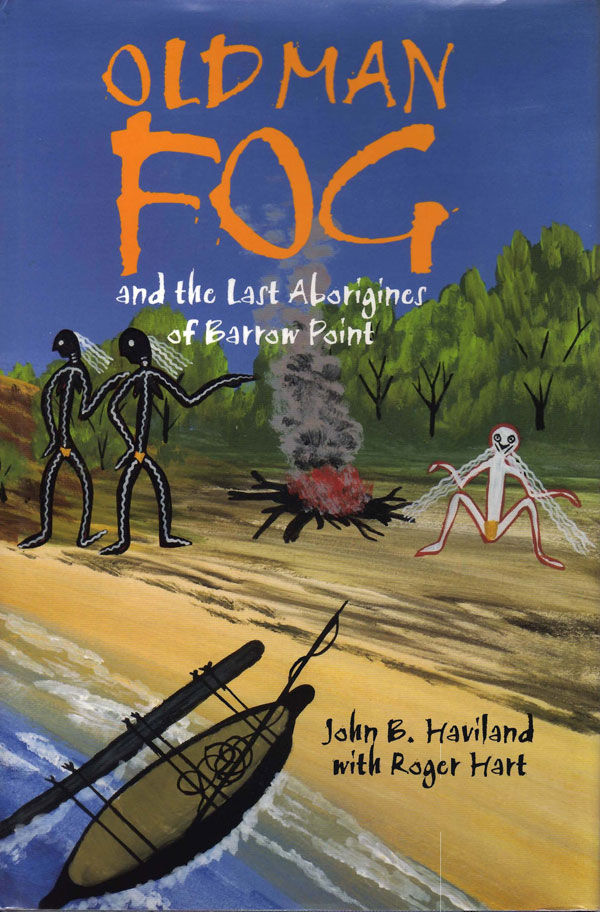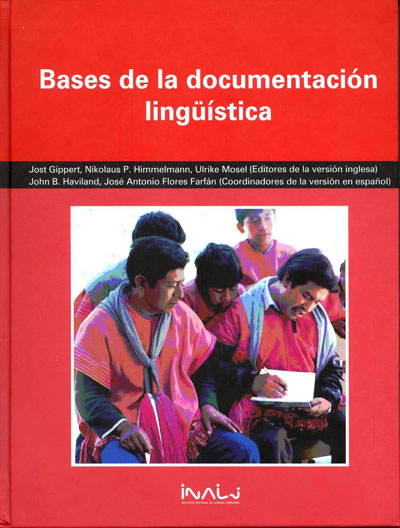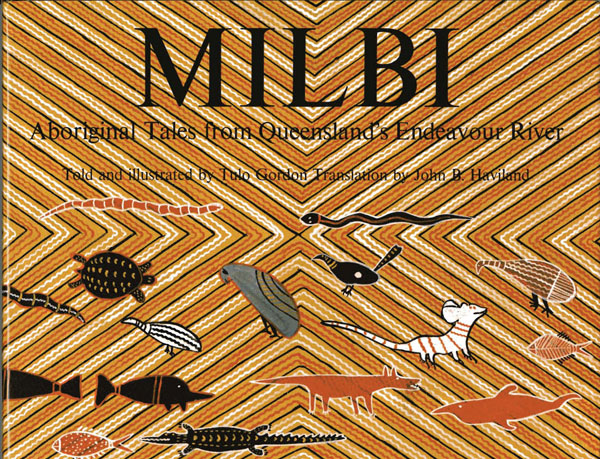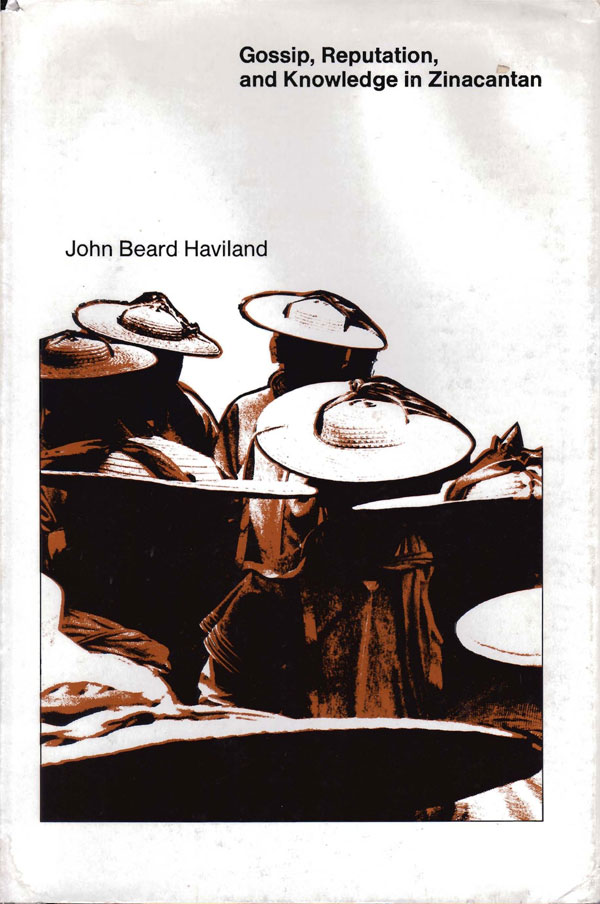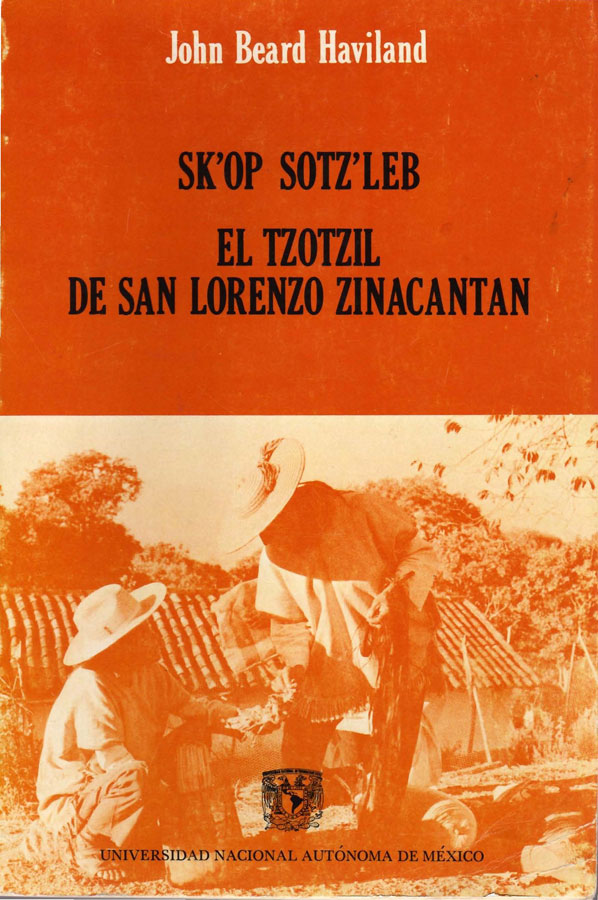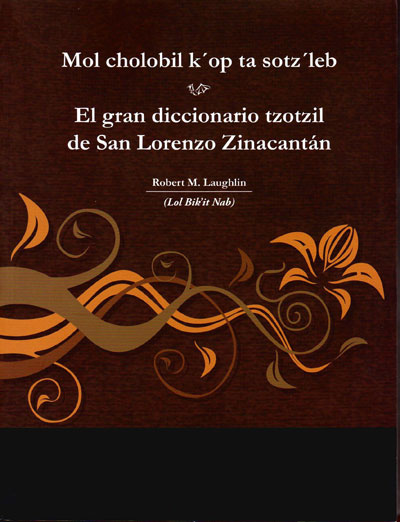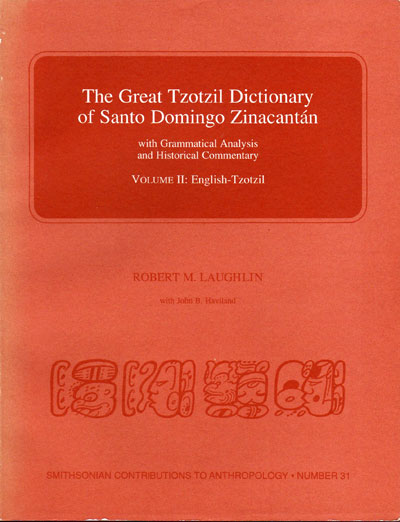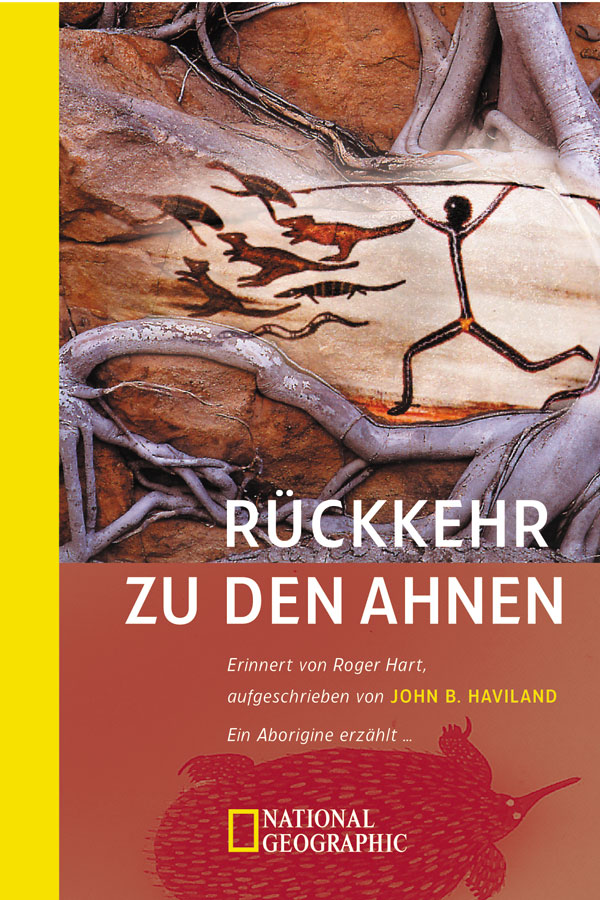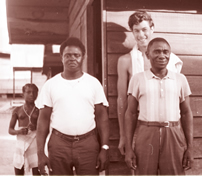
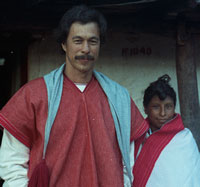
| |
| current research |
| courses |
| publications |
| UCSD Anthropology |
| contact |
| Linguistic Anthropology Lab |
| Archivo de los Idiomas indigenas de Chiapas |
| Expert witness & Tzotzil interpreting |
| John B. Haviland |
Haviland's current major research project, originally funded by NSF grants #BCS-0935407, ("Acquisition of Zinacantec Family Homesign in the Only Second Generation Speaker") and #BCS-1053089 (“Zinacantec Family Home Sign: Structure and Socialization in the First and Second Generations of a Spontaneous Emerging Sign Language”), administered by UCSD's Center for Research on Language (CRL), involves documentation and analysis of a first generation spontaneous sign language, dubbed Zinacantec family Homesign or Z for short, developed by three profoundly deaf siblings in Zinacantán, Chiapas, Mexico, and their family members, including the hearing child of the oldest deaf signer, who has grown up bilingual in Tzotzil [Mayan] and sign. (An eaerly Sandrizona presentation on initial stages of this project in Tucson, February 19 2011 can be viewed here.) Ongoing work in Zinacantán, Chiapas, involves two collections of essays on long-term linguistic anthropological fieldwork, one on "Intimate Language," and the other on "Tzotzil Master Speakers." Work continues on the changing nature of Guugu Yimithirr language and sociaety at the Hopevale Aboriginal community in north Queensland, Australia, and a project to repatriate field materials to that community is in progress, especially as part of the 150 anniversary of Cook's landing at the mouth of the Endeavour River in 1770. Also forthcoming is a new bilingual edition of the original English-only book Milbi, a collection of Guugu Yimthirr stories, told and illustrated by the late Tulo Gordon. |
| Books | ||
